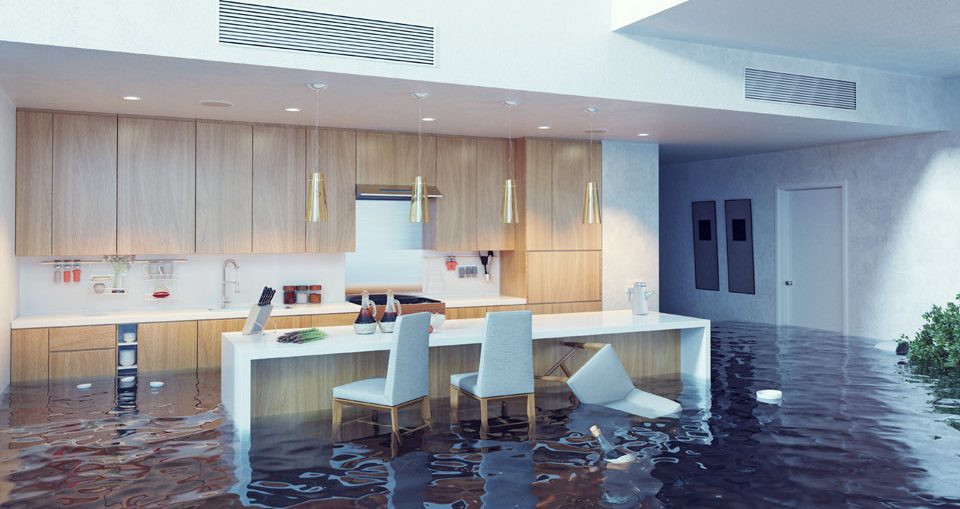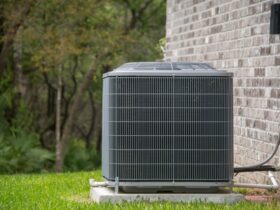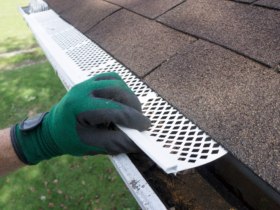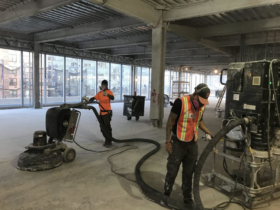Most landlords generally respond or take action when tenants request for repairs in their property. It is unfortunate, though, that there are some rogue landlords who would rather provide a short-term solution to a larger, ongoing problem. Some landlords prefer short-term solutions like providing dehumidifiers to address damp in a property rather than fix the source of the disrepair directly. Other landlords resort to drastic actions—rather than solve the issue, they order their tenants to vacate the property.
When there is disrepair in your home, the landlords have the primary responsibility of helping their tenants resolve the problem. However, as a tenant, you have several responsibilities as well. You are responsible for keeping your home clean and in good condition throughout your lease. You must ensure all of your electrical appliances, fixtures, and your garden are working well. You should return the flat to your landlord in the same condition as when it was handed over at the end of your tenancy.
If the disrepair is of your own doing however, your responsibility is to talk to your landlord and find a way to efficiently solve the problem yourself.
If the disrepair in your home is caused by issues under your landlord’s responsibility, it is one of your tenant’s rights to inform them about the problem and request for repairs right away. It is, therefore, essential for you to know what your landlord’s responsibilities are.
Landlord responsibilities
Whether it is a council home or a privately rented flat that you’re living in, your landlord needs to ensure it is safe and free from any physical and health hazards. It is their responsibility to fix external and structural damage to the property.
Landlords are responsible for providing a home that is fit to live in and free from any structural issues. They should take care of repairs on installations such as boilers, pipes, bathrooms, and those in other essential areas. They are likewise responsible for addressing the sources of disrepair issues including infestations, mould, and dampness.
What if your landlord refuses to remedy the issues? Here are seven things you can do to get your landlord to your doorstep and help you:
Check who is responsible for the issue
The first step is to make sure whether the issue at hand is the responsibility of your landlord or if it falls under yours. Just remember that they handle repairs while you make improvements.
Aesthetic adjustments like changing the colour of the wall or replacing light bulbs are the responsibility of the tenant. The landlord repairs wall cracks or defective wall sockets.
Collect evidence
The moment you discover an issue, document it through a video or photograph to serve as evidence should you need to report to the council or file a legal complaint.
Contact your landlord . . . again
After your first contact, you should have given your landlord reasonable time to respond to you. If they never did respond, then you can make a follow-up correspondence citing that this is your second time reporting the issue to them. Contact them only through text or email as this will provide you with proof of your attempts to communicate with them.
Report to the council or their environmental health department
If your landlord still won’t budge, you may need to forward your case to your council or the environmental health department. They will order for an inspection and, if they find your claim to be reasonable, demand for your landlord to repair the issues.
Arrange the repair yourself
If you think the state of disrepair in your home needs to be addressed immediately, you can suggest to your landlord that you take the responsibility of coordinating the repair yourself. Although this is quite risky as they might not pay you back for the cost, you can suggest for them to deduct the expenses from the next month’s rent. Make sure you put this in writing in case they claim to not have agreed with the suggestion.
Get legal assistance
There is a possibility that your landlord will not agree to any of your suggestions. If all else fails, you can seek assistance from a qualified legal team that can handle housing disrepair claims.
Some tenants would have reservations in bringing the case to court or even just reporting the issues to anyone, as they want to avoid retaliatory eviction. Some private landlords would prefer to evict the complainants as they can easily replace them, as compared to repairing the structural issues, which can potentially incur them substantial costs. There are, however, certain legal protections for those who live in social and housing association accommodation.
Make a compensation claim
You can claim compensation for all the inconvenience the issues in your home have caused you, especially if it had adverse effects on your physical and mental health. If you developed a respiratory illness due to the damp and mould, as well as physical, emotional, and stress-related ill effects, you should file for housing disrepair compensation.
You can also get paid for damages to your personal belongings such as your clothing, furniture, and electrical appliances.
Get in touch with reliable and experienced disrepair experts. DisrepairClaim.co.uk operates on a “No Win, No Fee” premise, so you will not have to pay any money if your claim is unsuccessful. Their housing disrepair experts can either force your landlord to complete the repairs or ensure you receive the compensation you deserve.



























Leave a Reply